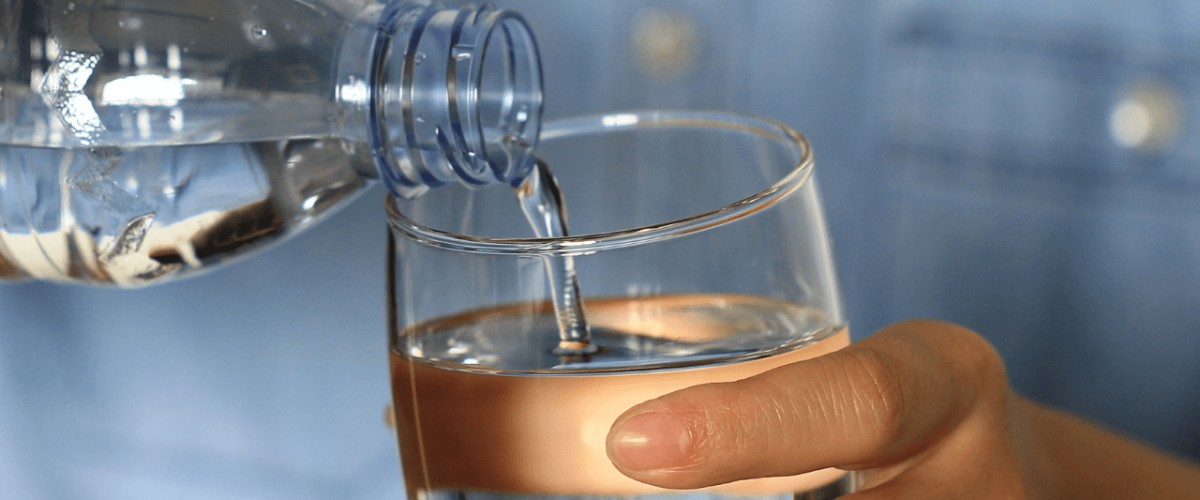Reverse osmosis water purification is a marvel of modern science that has transformed how we think about clean water. From its inception to its widespread use today, RO has become a key part of ensuring access to safe and clean drinking water.
If you’ve ever wondered how reverse osmosis works or why it’s considered one of the gold standards in water treatment,these fascinating facts will give you a clearer picture of its value, efficiency, and environmental impact.
Continue reading to learn about some fascinating facts about reverse osmosis (RO) water purification.
Reverse Osmosis Water Purification Removes Up to 99% of Contaminants
RO systems use a semi-permeable membrane to effectively remove a wide range of impurities from water, including the following:
Dissolved Solids
RO membranes can remove up to 99% of dissolved solids, such as salts, minerals, and metals, ensuring the water is free from harmful substances.
Bacteria and Viruses
The microscopic pores in the RO membrane are so small that they effectively block bacteria, viruses, and other pathogens from passing through, providing an additional layer of protection against waterborne diseases.
Chlorine and Chemicals
RO systems can also remove chlorine, pesticides, herbicides, and other chemicals from water, improving its taste, odor, and overall quality.
Energy Efficiency
Reverse osmosis water purification is a relatively energy-efficient technology. While an RO system’s initial setup and operation may require some energy, the long-term benefits outweigh the costs. Here’s why:
● No Need for Electricity: Unlike other water purification methods, RO systems do not require electricity. They rely on hydraulic pressure to push water through the membrane, making them suitable for off-grid or remote locations.
● Reduced Water Waste: Modern RO systems use advanced recovery and recycling techniques to minimize water waste. Some high-efficiency RO systems can achieve up to 75% water recovery rates, reducing overall energy consumption and environmental impact.
Environmental Benefits
RO water purification offers several environmental benefits that make it a sustainable choice for producing clean drinking water:
Reverse Osmosis Water Purification Reduces Plastic Waste
By installing an RO system at home or in a community setting, individuals can reduce their reliance on bottled water, thereby decreasing the amount of plastic waste generated. This helps protect marine life and ecosystems from the detrimental effects of plastic pollution.
Conservation of Natural Resources
RO systems can treat brackish water, seawater, and wastewater, turning these untapped water sources into potable water. This reduces the strain on freshwater sources and helps conserve natural resources for future generations.
Lower Carbon Footprint
With its energy-efficient operation and reduced water waste, reverse osmosis water purification has a lower carbon footprint than other water treatment methods. This makes it an environmentally friendly option for communities and industries looking to minimize their impact on the planet.
Versatility in Applications
Reverse osmosis is not limited to residential drinking water purification. There is widespread use of this technology in many industries, including pharmaceuticals, food and beverage production, and wastewater treatment. Its versatility and effectiveness in removing contaminants make it an invaluable tool in ensuring the quality and safety of water in different applications.
Its versatility and reliability make it one of the most trusted water purification technologies worldwide.
Is Reverse Osmosis Water Purification Right for Your Home?
If you’re concerned about contaminants, taste, or long-term water quality, reverse osmosis water purification is a smart investment. It delivers clean, safe, and great-tasting water while reducing plastic waste and environmental impact.
Want to experience the transformative power of reverse osmosis water purification? At McCowin Water, we specialize in providing state-of-the-art RO systems tailored to your needs. Contact us today to take the first step towards enjoying clean, safe, and refreshing water in your home or business.
Call us at (949) 569-5736 or schedule your free water test today.

